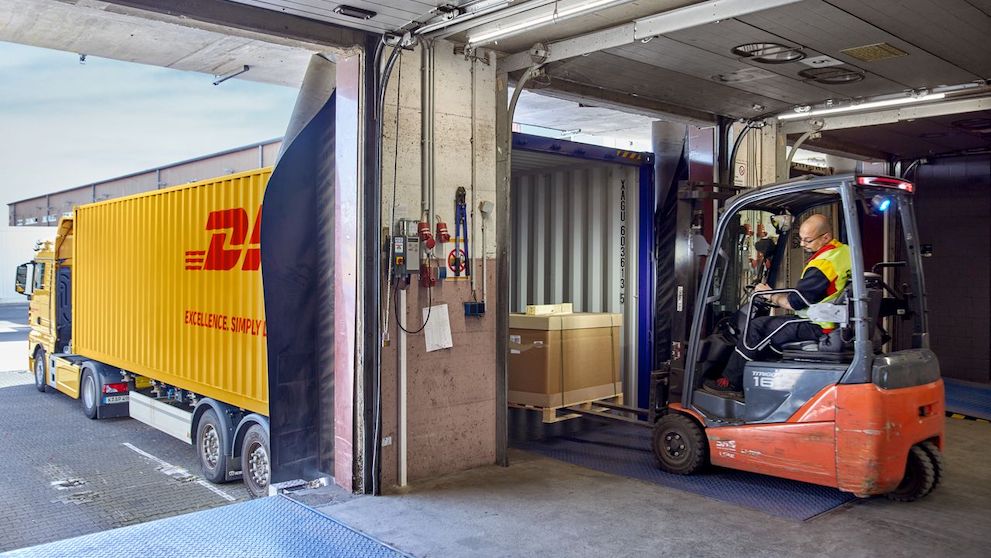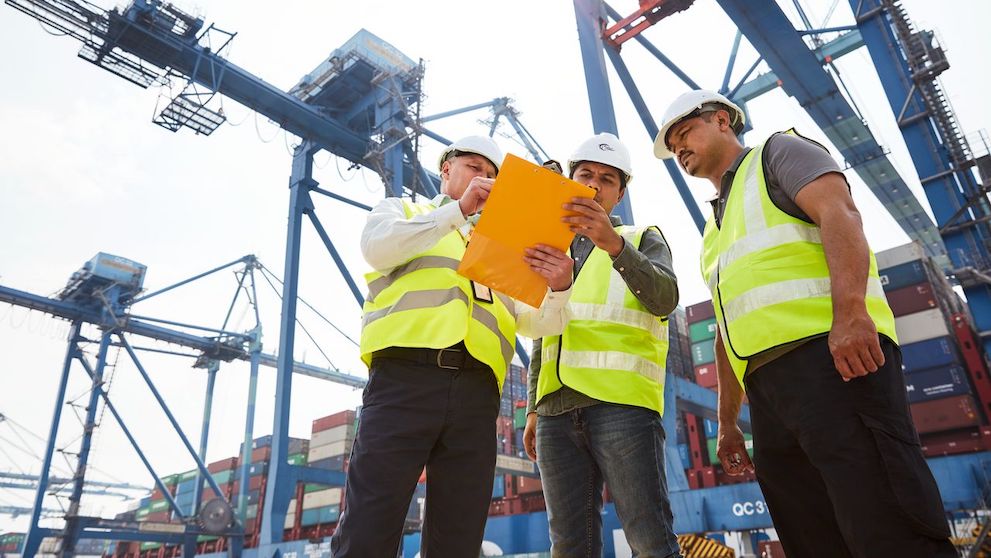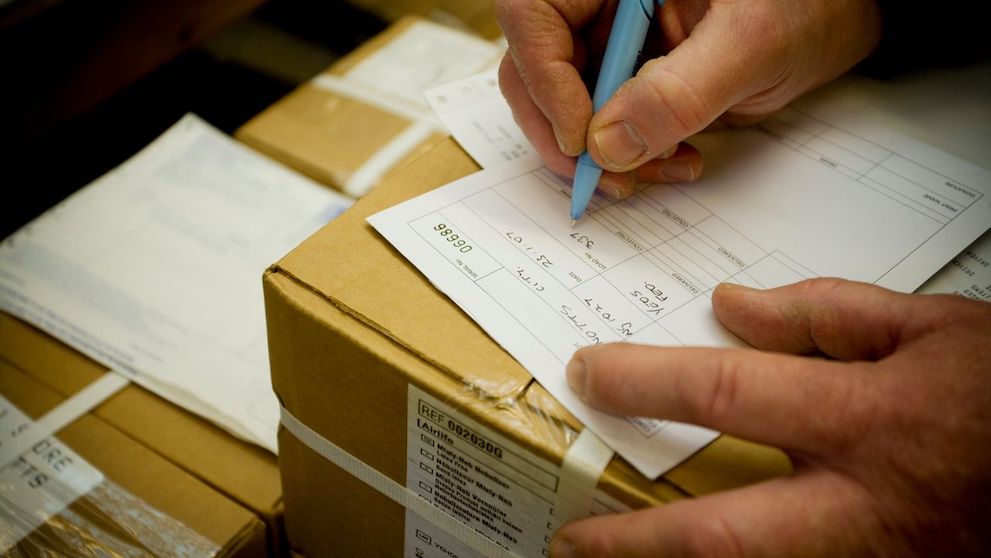Clearing customs is an integral part of the export and import process, particularly for businesses in New Zealand (NZ) looking to expand into foreign markets and export their goods globally. With knowledge of proper customs clearance procedures, companies can avoid unwanted delays in the export of their shipments that lead to costly delays in revenue-generating activities across the supply chain. Thus, it is critical for local businesses to be aware of the various cross-border shipping best practices to ensure smooth international trade processes – especially during times of heightened border restrictions or new import and export regulations. By making customs clearance a priority, businesses in NZ can better maintain profitability through secure and timely shipments every single time.
In this blog, we will explore five best practices of clearing customs for exportation that can help ensure smooth sailing when navigating this complex terrain.
1. Understanding export requirements
Exporting goods from NZ can be a complex and lengthy process, but by understanding the applicable export requirements beforehand, you can place yourself on a path towards maximising efficiency throughout the entire exportation journey. Researching the regulations, laws, and any permits or licences needed helps to ensure that you are in compliance with NZ’s export requirements. Additionally, obtaining clearance from customs requires knowledge of tariffs and duties related to your exporting goods; comprehending these will help businesses clear customs quickly without any unnecessary delays or penalties. As such, taking the time to study NZ’s export requirements ensures a smoother journey for companies looking to enter the export market and can help them save time, money, and frustration in the long run.
2. Proper documentation preparation
As NZ businesses look to ship their product offerings overseas, it is imperative for them to familiarise themselves with the proper documentation preparation to facilitate the customs clearance process. Understanding what documents are required, preparing and submitting them to the relevant authorities, and ensuring that everything is accurate and up-to-date are critical in making sure that the shipments reach their destinations without a hitch. By ensuring that all of the necessary steps have been taken during the export shipping documentation process, NZ companies can benefit from smoother customs clearance procedures pivotal for minimising delays at ports of entry around the world.
3. Preparing the goods for export
Export processes for businesses in NZ are multi-faceted and can often seem daunting; however, one of the most important elements is preparing the goods for export. Companies need to ensure that their products are safely packaged and labelled in order to meet the relevant local regulations. It’s important that businesses are aware of the list of dangerous or restricted goods to avoid delays in customs clearance. Additional attention must be paid to avoid triggering any customs clearance or safety issues upon arrival. That being said, having a robust process in place with clearly outlined standards will help ensure that all shipments transporting out of NZ comply with the given requirements while remaining competitively priced and suitable for international shipping. With proper attention to detail, local businesses can rest assured that they have met all necessary criteria when sending their product offerings abroad.
4. Choosing a suitable shipping method
Exporting goods overseas can be a gratifying endeavour for NZ businesses. However, successful overseas shipping requires careful consideration when it comes to selecting the right shipping method. This entails finding an experienced and trustworthy shipping partner that can package, track, and secure your products while providing guidance on customs clearance procedures. Furthermore, choosing an appropriate shipping option is especially important for new businesses entering the export market, as a reputable logistics provider can assist them in determining the right export strategies to navigate local laws, regulations, and processes in the countries they do business with. By investing in quality international shipping services, new companies can quickly and efficiently get their products on shelves in multiple countries, leading to increased profitability and the development of a successful global brand. Read our list of logistics articles to learn more.
5. Communication and cooperation with customs authorities
For NZ businesses considering exporting their goods beyond borders, establishing and maintaining a positive relationship with customs authorities should be a top priority. By building a strong rapport with the relevant customs teams, NZ businesses can increase visibility on new or updated rules and regulations, easing the process of clearing imports or exports when needed. Not to mention, NZ companies will be able to continuously provide competitive services and take full advantage of new trade agreements. Furthermore, being proactive in supplying any type of additional documentation requested by customs officials can help to avoid unexpected delays that could disrupt shipping schedules. All in all, ensuring proper communication and cooperation with customs authorities is an effective way for NZ exporters to stay compliant with prevailing international trade laws and perform uninterrupted overseas shipping of their product offerings.






































